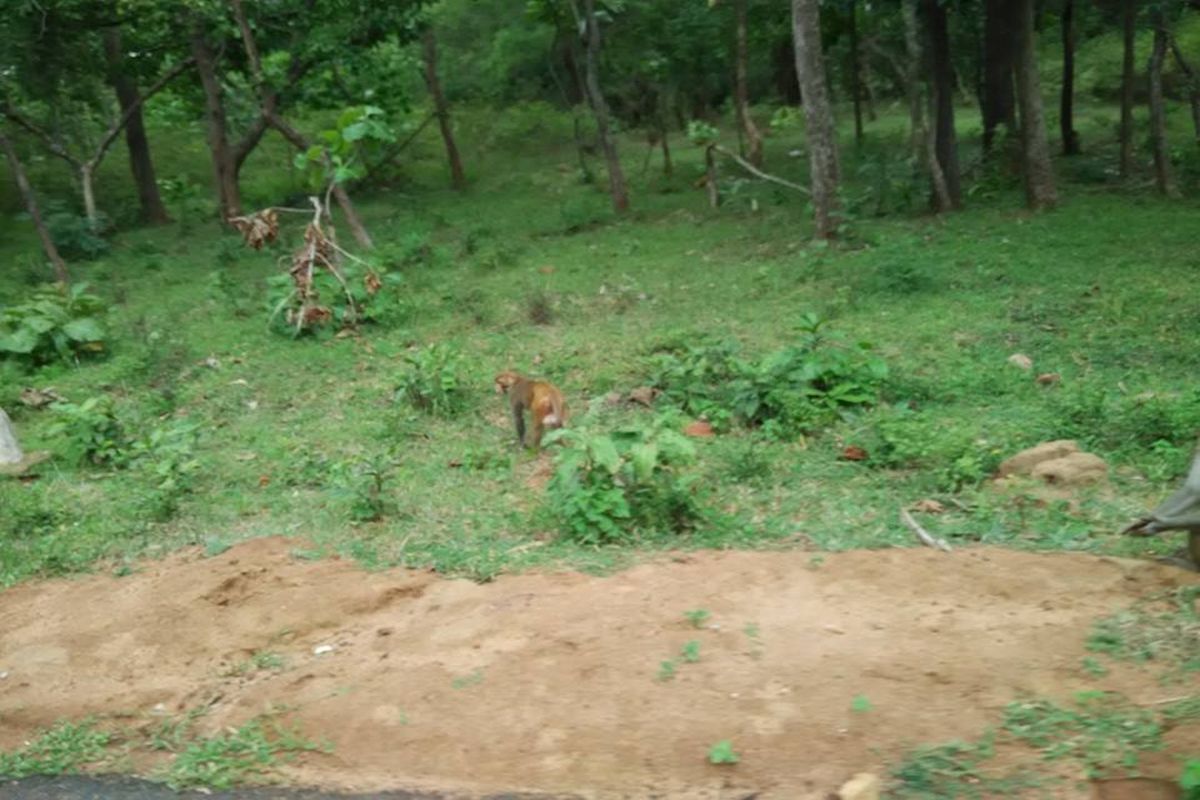A Survey Decoded
Offering rare insights in the Government’s economic thinking and giving a snapshot of the Indian Economy, together with a SWOT analysis, every word of the Economic Survey is precious to serious students of economics.
Regrettably, in India, Adivasi leaders of stature are thin on the ground though the Dongria Kondhs have been valiant.

(Image: Facebook/@nallamalatiger1234)
That seven South American countries will protect the Amazon river basin, stung by global angst over the alleged arson currently devastating the world’s largest tropical forest and a critical carbon store is welcome. However, while the Amazon fire may have sensitized some at a global level, the desecration of forests and tribal lands at the national level in India and across the world is just as horrific.
The latest is the tribal opposition to uranium mining at the Nallamala Forest, in the Eastern Ghats primarily stretching over Kurnool, Nellore in Andhra Pradesh and Telangana, which are amongst the largest stretches of undisturbed forest in south India. “Development aggression” by corporate-government partnership has wrecked havoc and India can showcase several such assaults on man and nature. An inconsequential victim is Pattnaik Harijan from Odisha, who died in police custody following his arrest while protesting against Vedanta that has an alumina refinery at Lanjigarh, Odisha. There is no angst over his death over an unsanctioned project because Vedanta, which runs the refinery, is yet to receive technical clearance for mining bauxite.
Advertisement
It matters not a whit that in 2013 all the gram sabhas of the region rejected its proposal for $1.7 billion mining project in the Niyamgiri hills with both the company and the government believing that they will eventually prevail, prompting them to petition the Supreme Court to have the 2013 verdict annulled. Such inexorable marginalization of the indigenous people, who are isolated in any case by virtue of socio-cultural uniqueness, is essentially a matter of denying them their fundamental rights and, in a manner of speaking, punishes them for having faith in nature’s supremacy and in the right in the commons, whereby personal rights are sacrificed in favour of “people’s proprietorship” of the land that they lived on and to which they belong; as much as the land belongs to the community.
Advertisement
The very land that invests them with their identity is what development dispossesses them of across the world, despite laws to protect them. Of import are not the laws but the impunity with which they are violated, especially vis-à-vis aboriginal or Adivasi communities, making a mockery of such demands as made by Senior Lawman Tjilpii Murray George of Australia that “aboriginal law must sit on top of whiteman’s law, because our law is the law of this land”.
Regrettably, in India, Adivasi leaders of stature are thin on the ground though the Dongria Kondhs have been valiant. Matters may get worse following the Supreme Court opening the doors for denial of community rights over lands with orders to clear forests of ineligible/bogus claimants under the Forest Rights Act (FRA). Arguably, this should not affect genuine claimants but with state sympathies so irretrievably tilted against the indigenous people, who account for 8.6 per cent of India’s population (five per cent of the global population) the fear is that the verdict will be abused to brand the Adivasi as the encroacher with catastrophic effect.
Advertisement